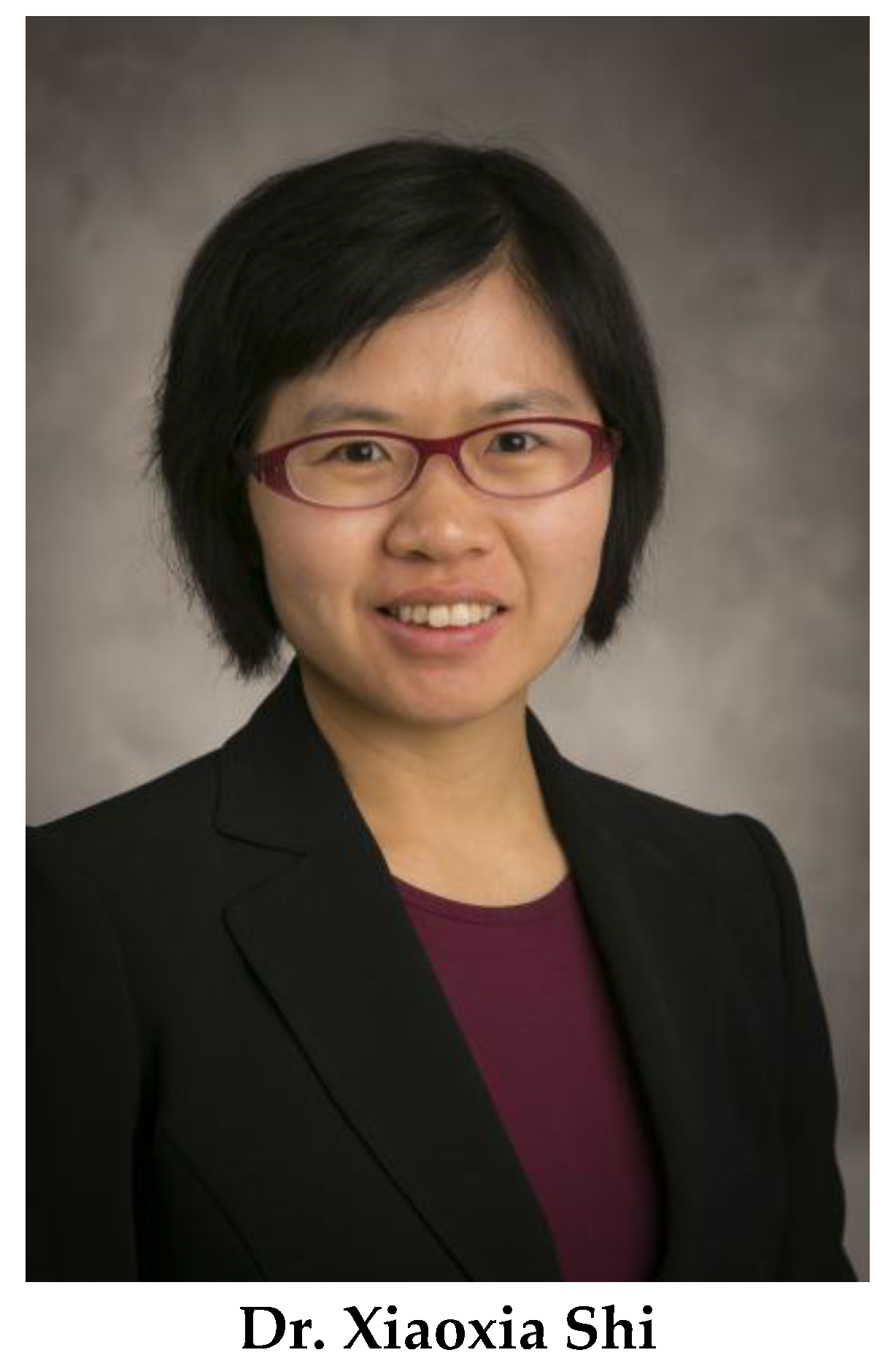With the goal of encouraging and motivating young researchers in the field of econometrics, last year the journal Econometrics accepted applications and nominations for the 2017 Young Researcher Award. The nominations and applications were assessed by an evaluation committee consisting of senior scholars from the field.
We are proud to present the first winner of the 2017 Econometrics Young Research Award to:
 who is an associate professor at the Department of Economics, University of Wisconsin, USA.
who is an associate professor at the Department of Economics, University of Wisconsin, USA. Dr. Xiaoxia Shi received a B.A. in Economics from China Youth College for Political Sciences in 2002, a M.A. in Economics from Beijing University in 2005, and a Ph.D. in Economics from Yale University in 2011.
In her sixth year as an Assistant Professor, Dr. Shi has eleven published papers, including two in top-five journals (Econometrica and the Journal of Political Economy), two in the next tier of general-interest journals (Quantitative Economics) and the remainder in top field journals in econometrics. In addition, she has one working paper with a revise-and-resubmit at Econometrica. This exceptional research output is confirmed by professional citations. Her work has a total of 398 Google cites. Dr. Shi’s research output is complemented by an unusually high number of conference presentations (17 since arriving at UW) and seminars (35 since arriving at UW).
Dr. Shi’s primary contribution to the field of econometrics is the rigorous application of uniform inference to models of partial identification. This theory has been developed in a series of papers, most importantly her 2013 Econometrica paper and her forthcoming paper in Quantitative Economics, both which are viewed as seminal contributions by the profession. These ideas were applied to a key economics problem in her forthcoming Journal of Political Economy paper, showing that her theoretical skills have applied merit. Her forthcoming Stata Journal paper codified the methods into convenient Stata commands, showing her interest in applications. These papers, as well as other contributions, constitute a fundamental contribution to uniform inference in models of partial identification.
We wish to congratulate Dr. Shi on her excellent performance and wish her all the best for her future career.
© 2017 by the author. Licensee MDPI, Basel, Switzerland. This article is an open access article distributed under the terms and conditions of the Creative Commons Attribution (CC BY) license (http://creativecommons.org/licenses/by/4.0/).